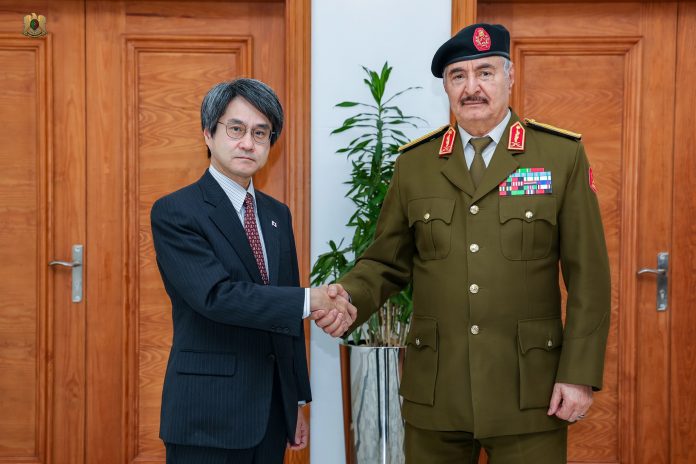During the meeting at the General Command, key topics regarding the political process and Japanese investment opportunities in Libya were discussed, focusing on infrastructure, development, and education.
Soldecanarias.net / Adeje
The Commander-in-Chief of the Libyan Armed Forces, Marshal of the General Staff Khalifa Abulqasim Haftar, received Shimura Izura, the Japanese Ambassador to Libya, and his accompanying delegation at the General Command headquarters in a meeting aimed at strengthening bilateral ties between the two countries.
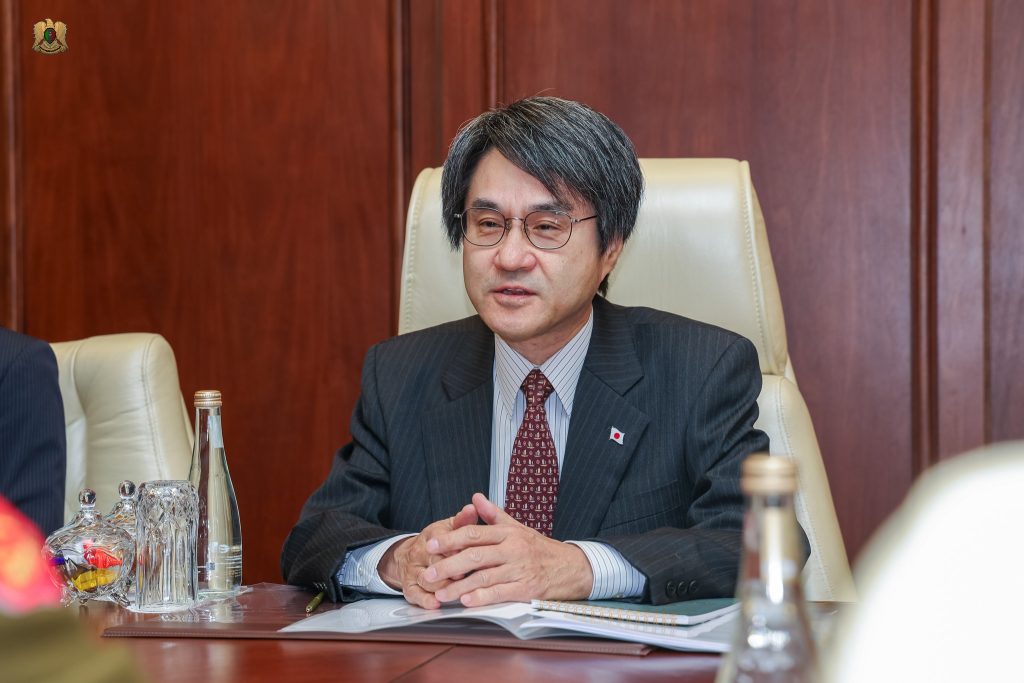
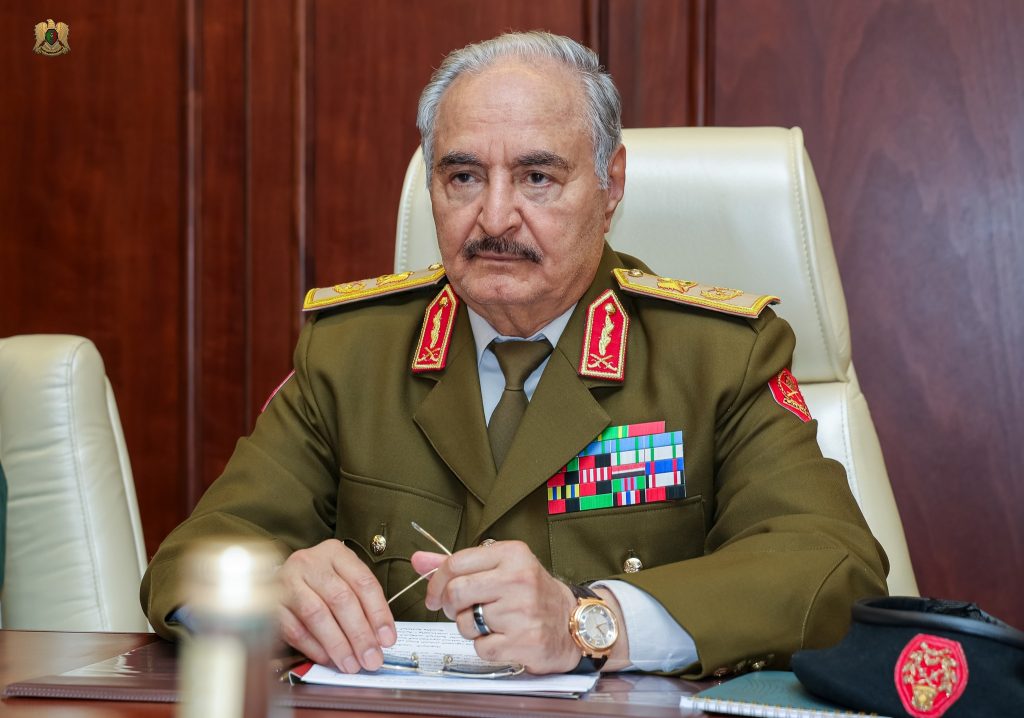
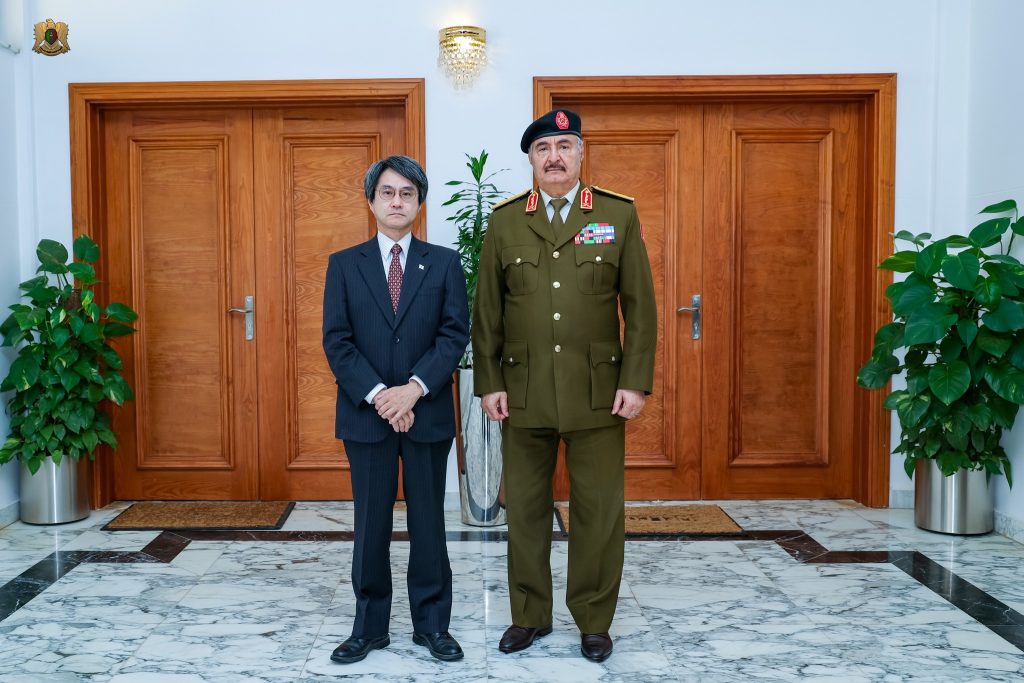
During the meeting, the latest political developments in Libya were discussed, with both parties emphasizing the importance of supporting the UN mission’s efforts to advance the political process toward stability. Marshal Haftar and Ambassador Izura agreed on the need to promote internal reconciliation and international cooperation as essential pathways for peace and prosperity in Libya.
Shimura Izura expressed his gratitude and appreciation for the efforts of the Commander-in-Chief in ensuring security and stability in Libya, highlighting his pivotal role in creating an environment conducive to the country’s reconstruction and development. The Ambassador also emphasized the interest of Japanese companies in contributing to Libya’s development, particularly through infrastructure and construction projects, key sectors for the country’s modernization.
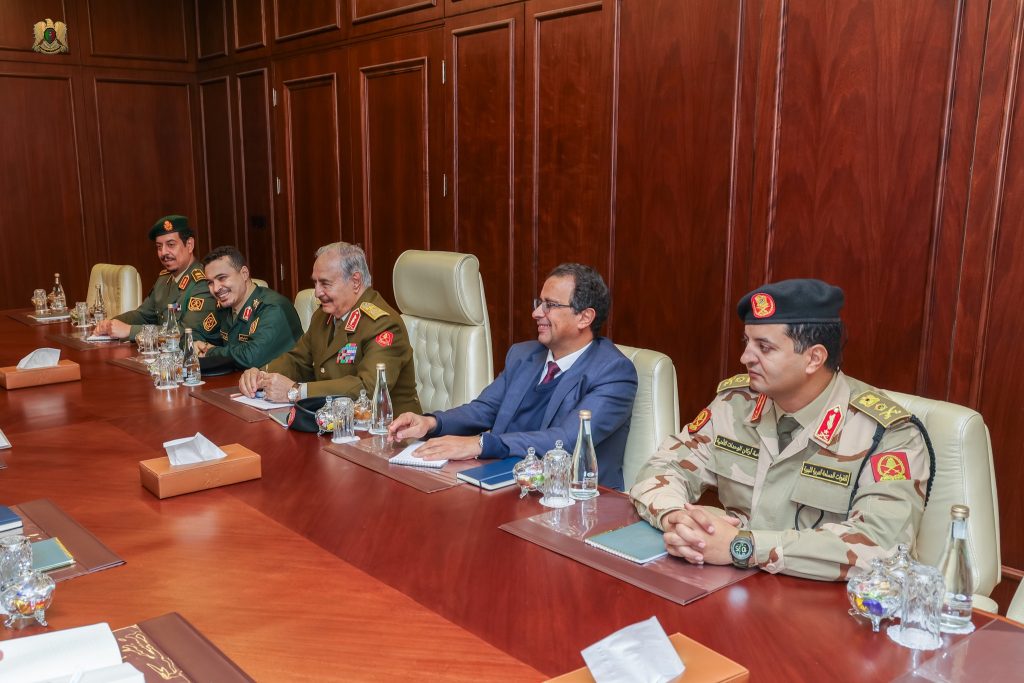
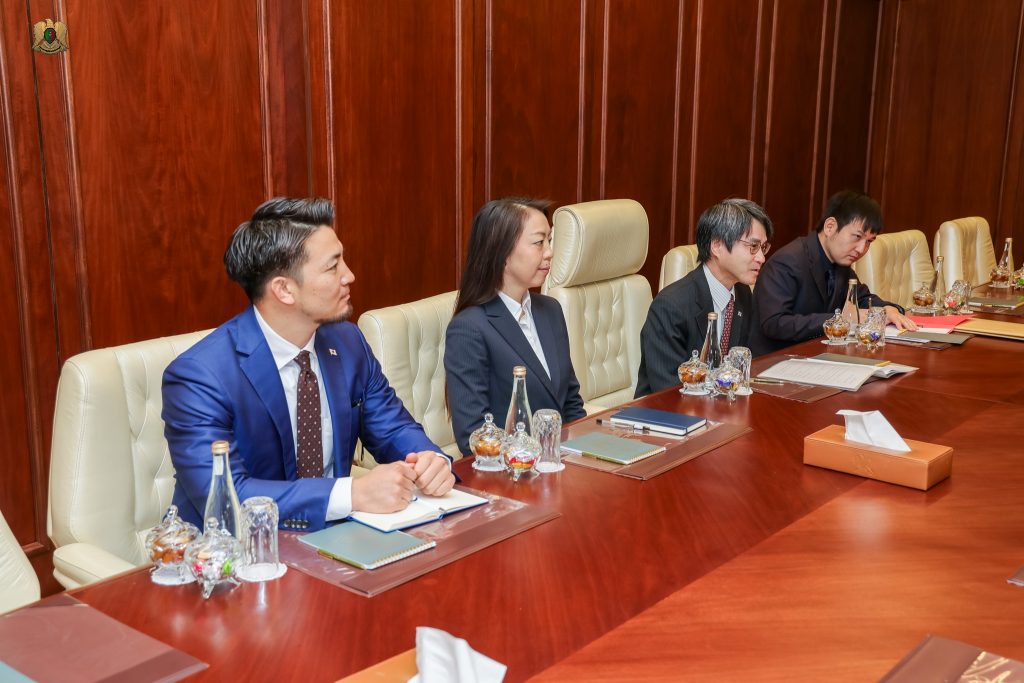
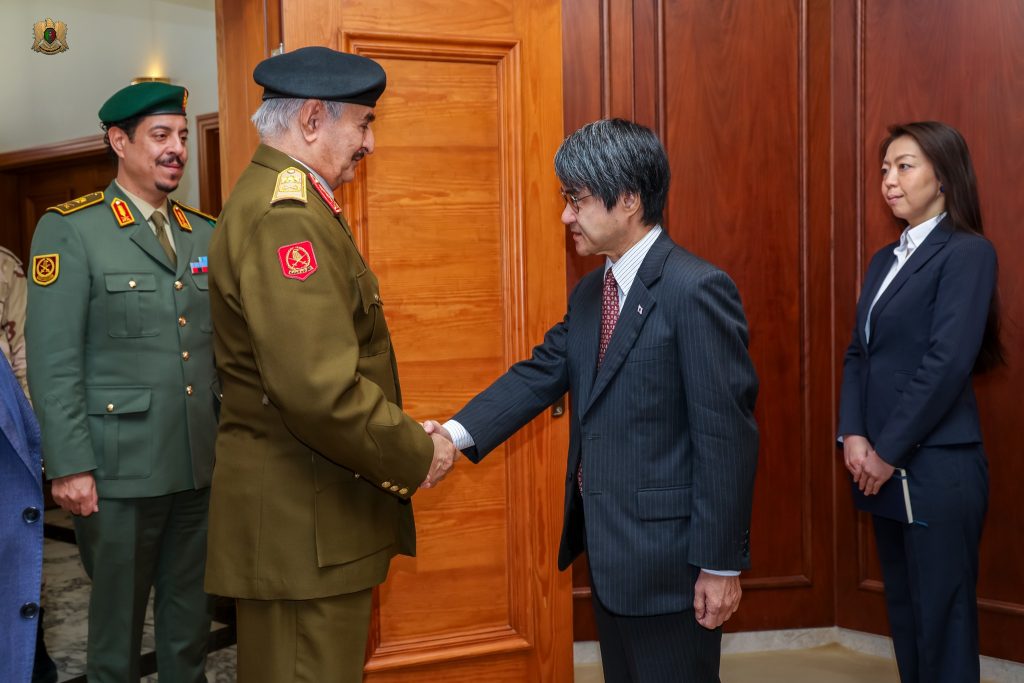
The Ambassador further highlighted Japan’s commitment to strengthening bilateral relations, mentioning his country’s readiness to promote investments in Libya’s industrial and commercial sectors. He also discussed the offering of scholarships to Libyan students, which would allow young Libyans to study at Japanese universities, enhancing educational exchange and strengthening cultural ties between the two nations.
This meeting represents a significant step toward strengthening bilateral cooperation between Libya and Japan, underscoring the central role of diplomacy in building a more stable and prosperous future for Libya.
The meeting also reflected Japan’s commitment to peace, development, and education in Libya, which remains a priority in its foreign policy in North Africa.


